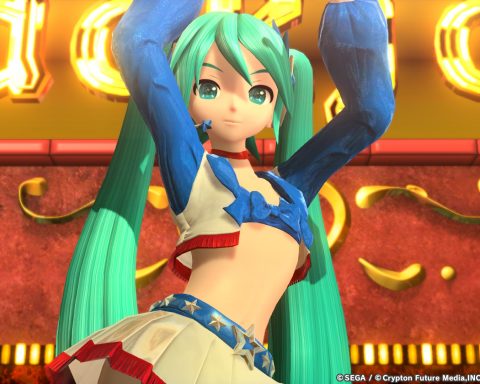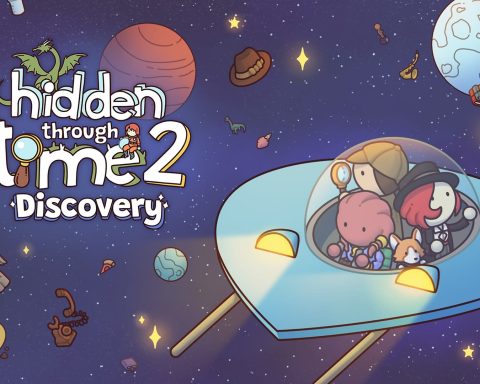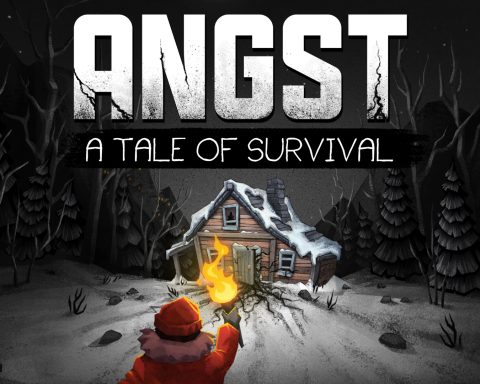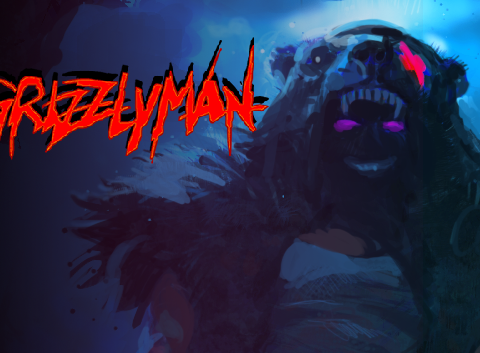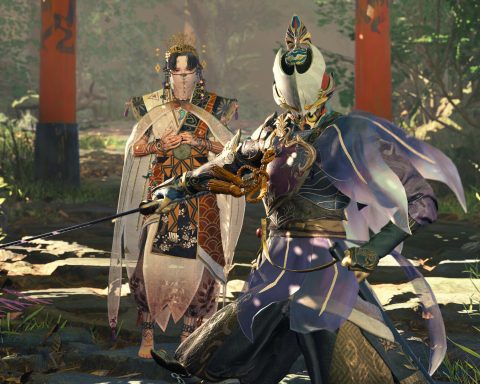 Review by Matt S.
Review by Matt S.
There was so much that could have ruined Lightning Returns, but as far as I’m concerned Square Enix absolutely nailed everything that it set out to achieve.
Let’s say for the sake of argument that the majority of the concerns with the game, based on previews and the information that Square Enix announced in the lead up to the game’s release, could be summed up in two major categories. The first concern was the costume system, which early on seemed like little more than an excuse to increase Lightning’s bust size and then find creative ways to show her body off (fan service, in other words). Many felt that this new system would not add much to the gameplay, especially since it meant that players would only control the one character, Lightning, rather than a party of heroes as they had previously.
The fact that the game has a strict (real time) time limit was the other major concern. If there’s one thing that doesn’t gel well with the RPG genre, it’s the idea of hurrying players through the experience, and yet here was Square Enix promising us that in Lightning Returns we would be dealing with an ominous and seemingly restrictive few days to get through to the end.

Immediately after starting I realised that in terms of tone this would be a bittersweet send off for a bittersweet series. The developers wanted to make it clear that there would be no more to this game’s world, and that finality to the game’s events was the source of some sadness. Perhaps after investing so much creative energy in a franchise that divided their own fan base, the artists themselves feared to close the book on Lightning and her story without ever hitting commercial gold. Early on we’re presented with a tree (Yggdrasil), that represents the progression towards the end of the Final Fantasy XIII world… and the game series itself. There’s a serenity to viewing this tree, but by the same token the song playing in the background is almost one of mourning. So yes, I do think that the creative team behind Lightning Returns were saddened by the idea that their proverbial baby was nearing its end.
Dealing with a time limit

If you can achieve the objectives laid out to you at the start then there is the promise that a new world will be created and the characters and souls of the destroyed world would find a new home, so it’s not a completely bleak picture, but it nevertheless raises a range of difficult questions of its players on the nature of time as the narrative progresses.
This is not an uncommon theme in Japanese art. From manga to film and literature, Japanese artists have long had a fascination with the idea of time. And more than that, Japanese artists like to ask the question: “if you know that time is limited, how do you respond? What do you do and how do you feel?” Lightning Returns is yet another manifestation of that theme, and I do believe that just as with the previous two games there’s actually a lot of thematic merit to the way that the developers have approached the narrative design. I do think it’s something that has been unfairly overlooked in critical discussions around the game.

That aside, given due attention and focus, Lightning Returns offers a compelling narrative. It’s also a narrative that provides a neat explanation for why Square Enix opted to give players control over a single character rather than a party of heroes. The themes demand that Lightning experience a solitary, lonely quest for what ultimately amounts to absolution and redemption, as it is a desperate quest and desperation has a greater impact when it’s tackled alone. And though at points she has the assistance of others that seek to defy their own fates (and provide a convenient excuse to bring all the XIII characters back for one more round), for the most part Lightning is on her own, and very much up against the odds. The loneliness of Lightning’s quest is palpable, and in that context it makes sense to have the consume system replace the traditional party.
Lightning, the lone warrior

The game is also more open than any previous Final Fantasy game. While the narrative goal remains the same regardless of what the player does, the environments themselves are filled with side quests and opportunities to distract them away from the main quest. These quests aren’t always the most engaging (though they do try to be more than the “collect ten leather hides” structure… sometimes), but they are the primary avenue for increasing wealth and skills, and it’s worth doing as many of them as possible. Of course, with the clock going tickticktick the temptation to overlook the especially difficult quests can be overwhelming; but then these quests are often essential in order to meet the minimal game objectives, so players will need to steel themselves for take some risks of their own at times.

While Lightning Returns continues the Final Fantasy XIII series with its customary motif of the battle against fate and inevitability, the process of getting through the game is surprisingly downbeat and at times confronting. It’s a pity that a lot of players have been so fixated on the perceived gameplay weaknesses of each of the games in this trilogy, because in doing so they’ve really missed the broader philosophical richness of the story of Lightning and her ragtag crew of allies and antagonists. Ironically, those people will also find Lightning Returns: Final Fantasy XIII the weakest game in the series, when thematically speaking, it’s actually the most powerful.
– Matt S.
Editor-in-Chief
Find me on Twitter: @digitallydownld



